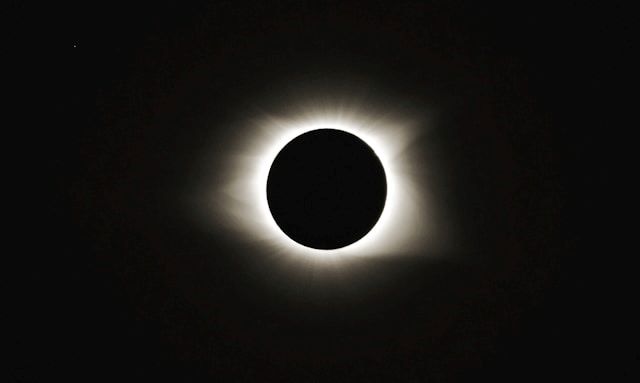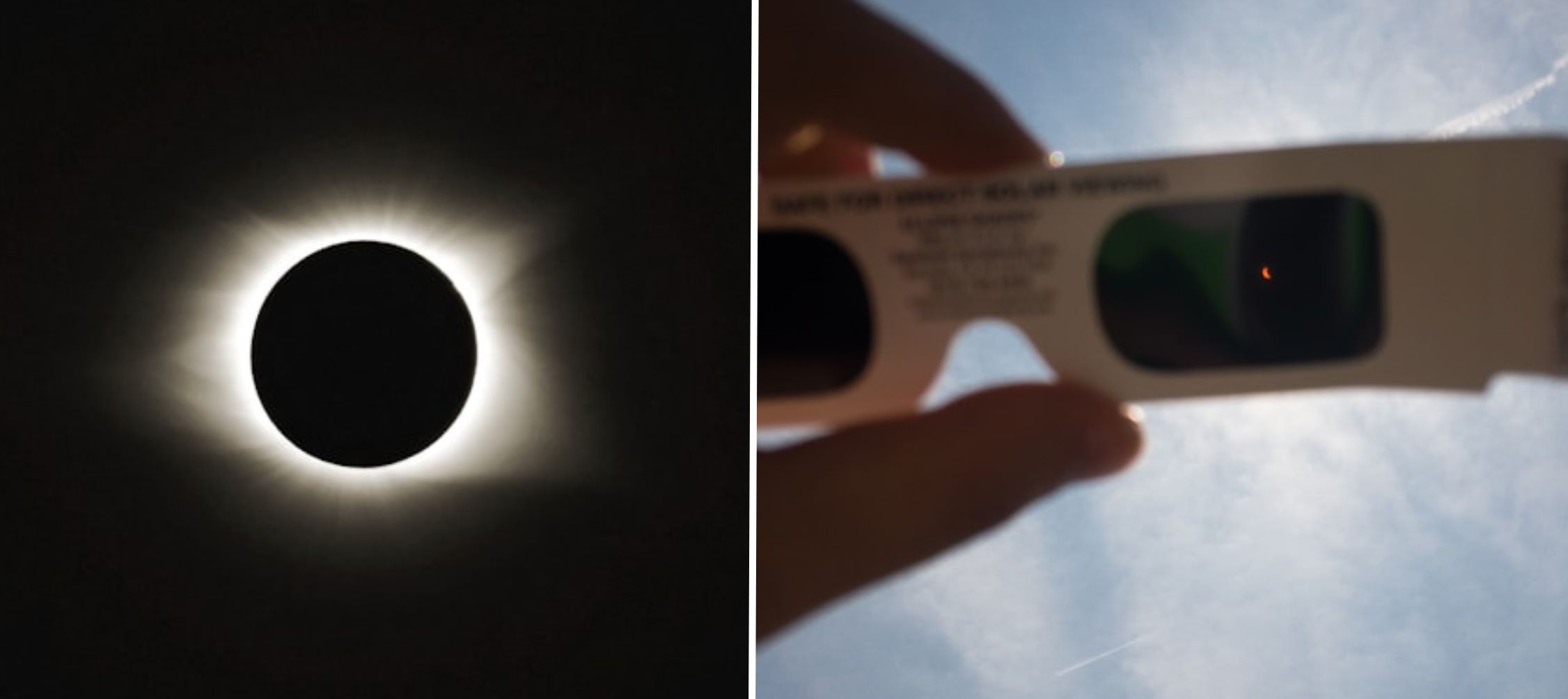Calling all Angelenos with a sense of wonder! Get ready for a truly unforgettable astronomical event – a total solar eclipse gracing the skies of Los Angeles this Monday, April 8th! This awe-inspiring phenomenon, where the moon completely covers the sun, blanketing the day in an ethereal twilight, is sure to leave you breathless. But before we get answer all your questions like, “What time is the solar eclipse” let’s delve into the science behind this celestial spectacle and prepare ourselves for the magic!
What is a Total Solar Eclipse?
Imagine a world plunged into darkness, not by nightfall, but by the perfect alignment of the sun, moon, and Earth. During a total solar eclipse, the moon, positioned directly between the sun and Earth, casts a complete shadow on our planet’s surface, covering the sun in its entirety. This creates a narrow path, known as the path of totality, where viewers can witness the sun’s dazzling corona, a wispy halo of plasma, for a brief window.

The Last Time Los Angeles Witnessed a Total Solar Eclipse
Although rare, this is not the first time we’ve witnessed a total eclipse. On August 21st, 2017 we bore witness to another total solar eclipse, but there are significant differences. The 2017 eclipse path was narrow, stretching from Oregon to South Carolina. This time around, the moon’s shadow will cast a wider net, with the path of totality running from Mexico all the way up to Maine, with Los Angeles smack dab in the middle! This means a much larger population gets to experience the breathtaking phenomenon of a completely eclipsed sun.
The 2024 eclipse will offer a longer period of darkness, with totality lasting a glorious 2-3 minutes in Los Angeles. Those precious extra seconds will allow us to witness the sun’s magnificent corona, the wispy outer atmosphere, in even greater detail.
The 2017 eclipse coincided with a period of low solar activity. This time, the sun will be closer to its peak, a phase known as solar maximum. This translates to a potentially more dynamic celestial show! Expect to see more prominent solar features like solar flares and prominences (fiery eruptions of plasma).
This is your chance to create a memory that will last a lifetime and you don’t want to miss out because the next total solar eclipse will not occur again until August 23rd , 2044.
What Time is the Solar Eclipse in Los Angeles?
Mark your calendars! The peak of the total solar eclipse in Los Angeles is expected to occur around 11:12 am, lasting around 2-3 minutes. However, the partial eclipse phases will begin earlier and continue for a while after totality. It’s crucial to note that looking directly at the sun, even during a partial eclipse, can cause permanent eye damage. Special eclipse glasses with certified filters are absolutely essential for safe viewing.

Don’t Miss Out! Here’s How to Prepare for the Total Solar Eclipse:
- Get your eclipse glasses: Safety first! Invest in certified eclipse glasses that meet international safety standards (ISO 12312-2) to witness the eclipse safely.
- Find a viewing spot: While the entire eclipse sequence will be visible across Los Angeles, some areas might offer better viewing conditions. Head to open spaces with an unobstructed view of the sky. And if you want to witness this unforgettable celestial spectacle with others, here’s a list of solar eclipse get-togethers.
- Plan your transportation: With such a significant event, expect traffic congestion around peak viewing times. Plan your transportation in advance and consider carpooling or public transportation.
Get Ready for a “Total Eclipse of the Heart” (But Not Literally!)
While the darkness of a total eclipse might evoke the lyrics of Bonnie Tyler’s iconic song, the experience itself is nothing short of awe-inspiring. Los Angeles falls squarely within the path of totality meaning we’ll have a front-row seat to witness the magic of the cosmos and see this incredible natural phenomenon.
Let’s Recap…
- What time is the total solar eclipse?: Monday, April 8th, 11:12am PST, lasting 2-3 minutes
- Safety first: Special eclipse glasses with certified filters are absolutely essential for safe viewing.
- When is the next total solar eclipse: The next total solar eclipse will occur August 23rd , 2044.








